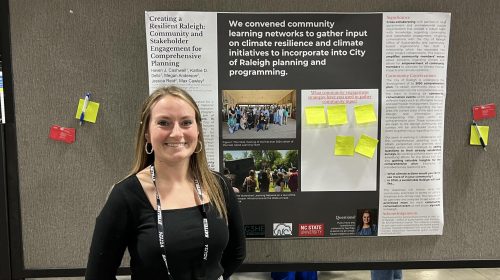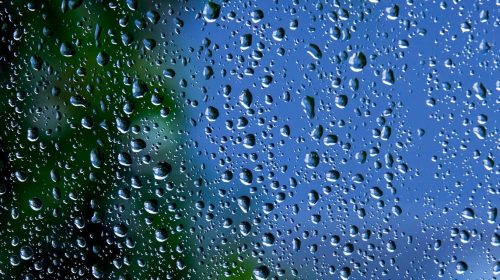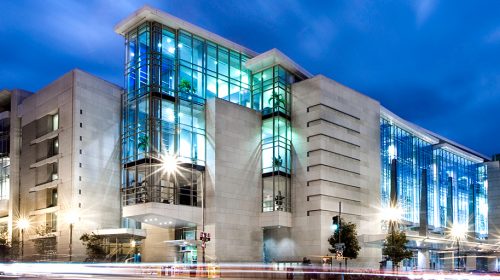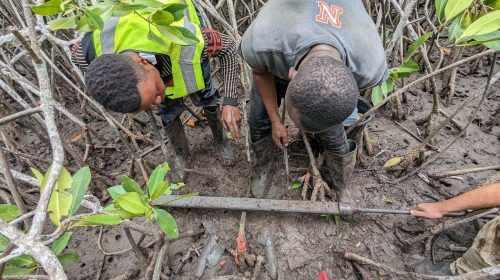At night, natural plant emissions react with nitrate radicals (NO3) and ozone (O3) to form harmful particles, which contributes to poor air quality. To examine how heatwaves impact these processes, new research analyzed over a decade of data from Atlanta. The results, published in JGR Atmospheres, show that during heatwaves, NO3-driven reactions intensify, speeding up pollutant formation. When comparing the data from Atlanta to simulations from widely used air quality models, the models did not accurately capture chemical processes occurring during nighttime or extreme heat events. This work illuminates important changes in air quality with a changing climate, and highlights a need to improve our models to accurately predict the effects of heatwaves and other factors on urban pollution.
Among the study’s authors are Nga Lee “Sally” Ng and Jennifer Kaiser of the Georgia Institute of Technology, who are working to understand air quality in Atlanta with support from the Climate Program Office’s Atmospheric Chemistry, Carbon Cycle and Climate (AC4) program. This project will continue to explore the impacts of extreme heat and other environmental changes on air quality and its risks in urban areas.
For more information, contact Clara Deck.









